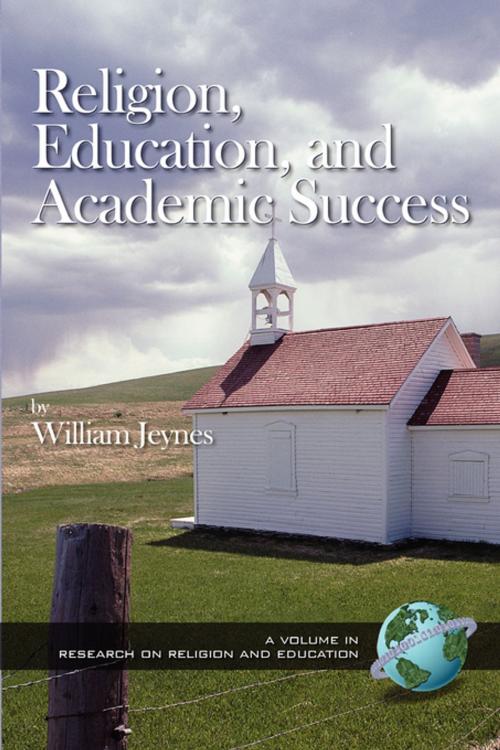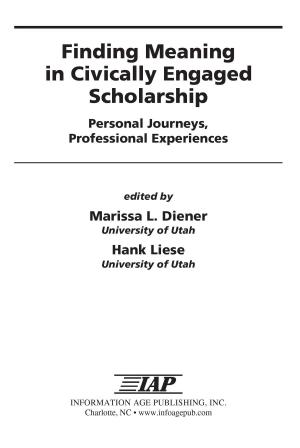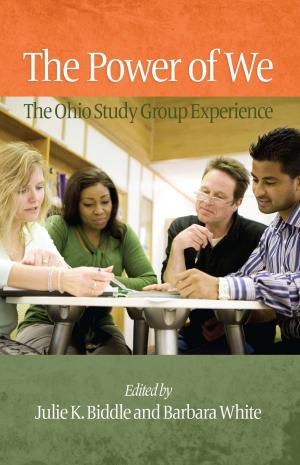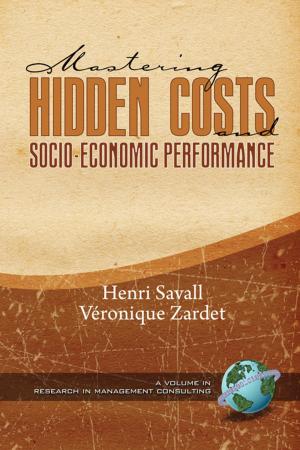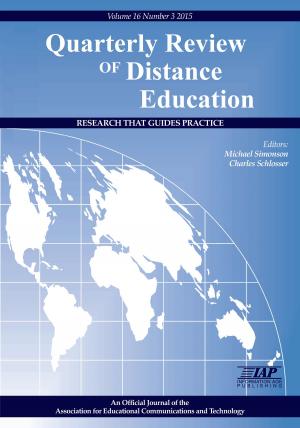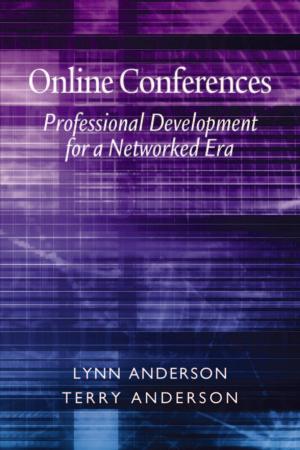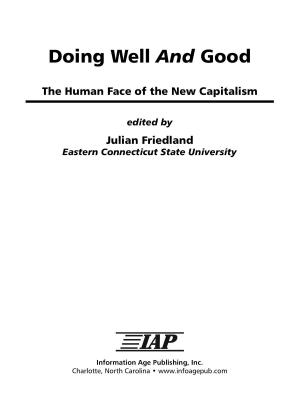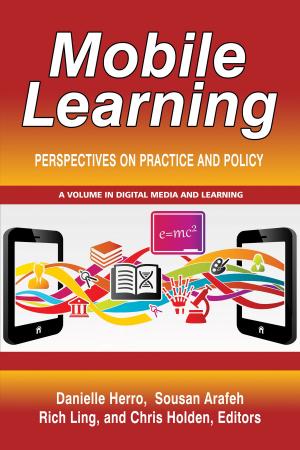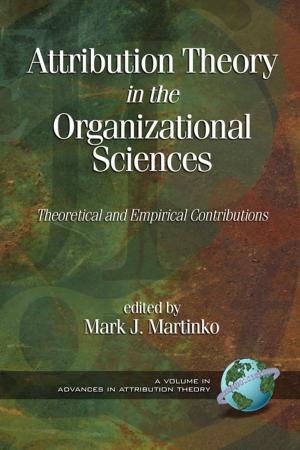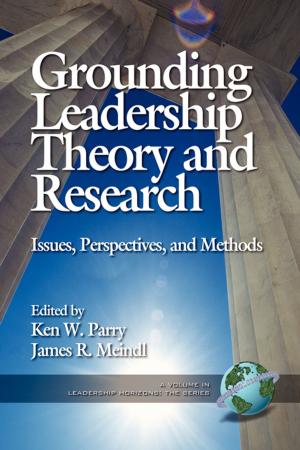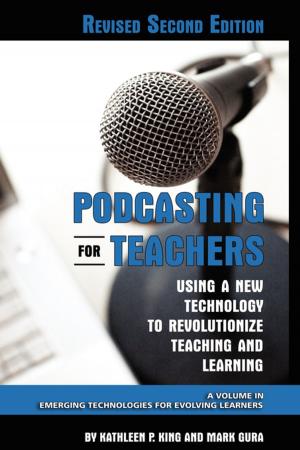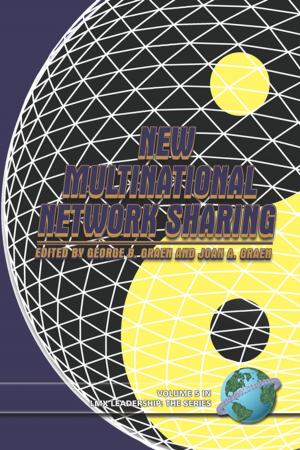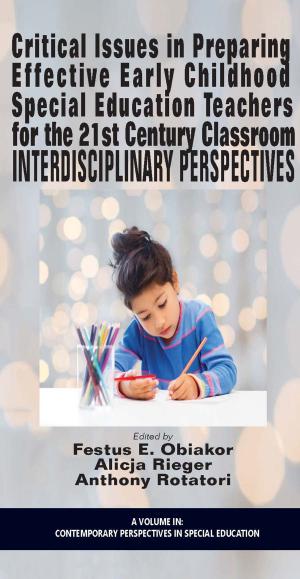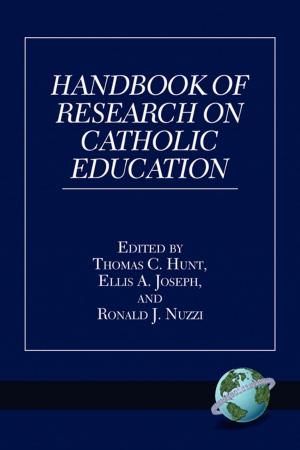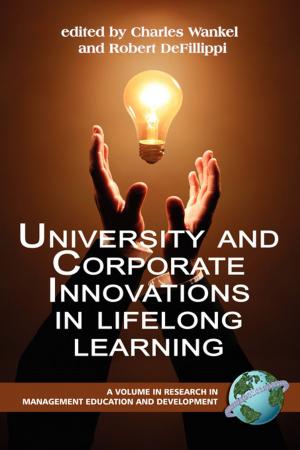Religion, Education and Academic Success
Nonfiction, Reference & Language, Education & Teaching, Administration| Author: | ISBN: | 9781607525394 | |
| Publisher: | Information Age Publishing | Publication: | August 1, 2003 |
| Imprint: | Information Age Publishing | Language: | English |
| Author: | |
| ISBN: | 9781607525394 |
| Publisher: | Information Age Publishing |
| Publication: | August 1, 2003 |
| Imprint: | Information Age Publishing |
| Language: | English |
The goal of this book is to examine the relationship between religion and academic success, both historically and in modern society. Very few books are dedicated to examining this very important topic. In addition, to this date there has never been a published quantitative metaanalysis examining the effects of religiosity and religious schools on academic outcomes. It is my hope that this book will be a useful tool for educators, researchers, professors, and parents who desire to examine this relevant and practical area of study. Our nation owes much of its educational foundation to the religious orientation of many of its founders, educational pioneers, and educational reformers. Although educational historians used to focus on the religious and moral orientation of people like Noah Webster, Horace Mann, Johann Pestalozzi, Emma Willard, Friedrich Froebel, and many others, contemporary educational historians inappropriately omit the religious roots of these individuals.
The goal of this book is to examine the relationship between religion and academic success, both historically and in modern society. Very few books are dedicated to examining this very important topic. In addition, to this date there has never been a published quantitative metaanalysis examining the effects of religiosity and religious schools on academic outcomes. It is my hope that this book will be a useful tool for educators, researchers, professors, and parents who desire to examine this relevant and practical area of study. Our nation owes much of its educational foundation to the religious orientation of many of its founders, educational pioneers, and educational reformers. Although educational historians used to focus on the religious and moral orientation of people like Noah Webster, Horace Mann, Johann Pestalozzi, Emma Willard, Friedrich Froebel, and many others, contemporary educational historians inappropriately omit the religious roots of these individuals.
